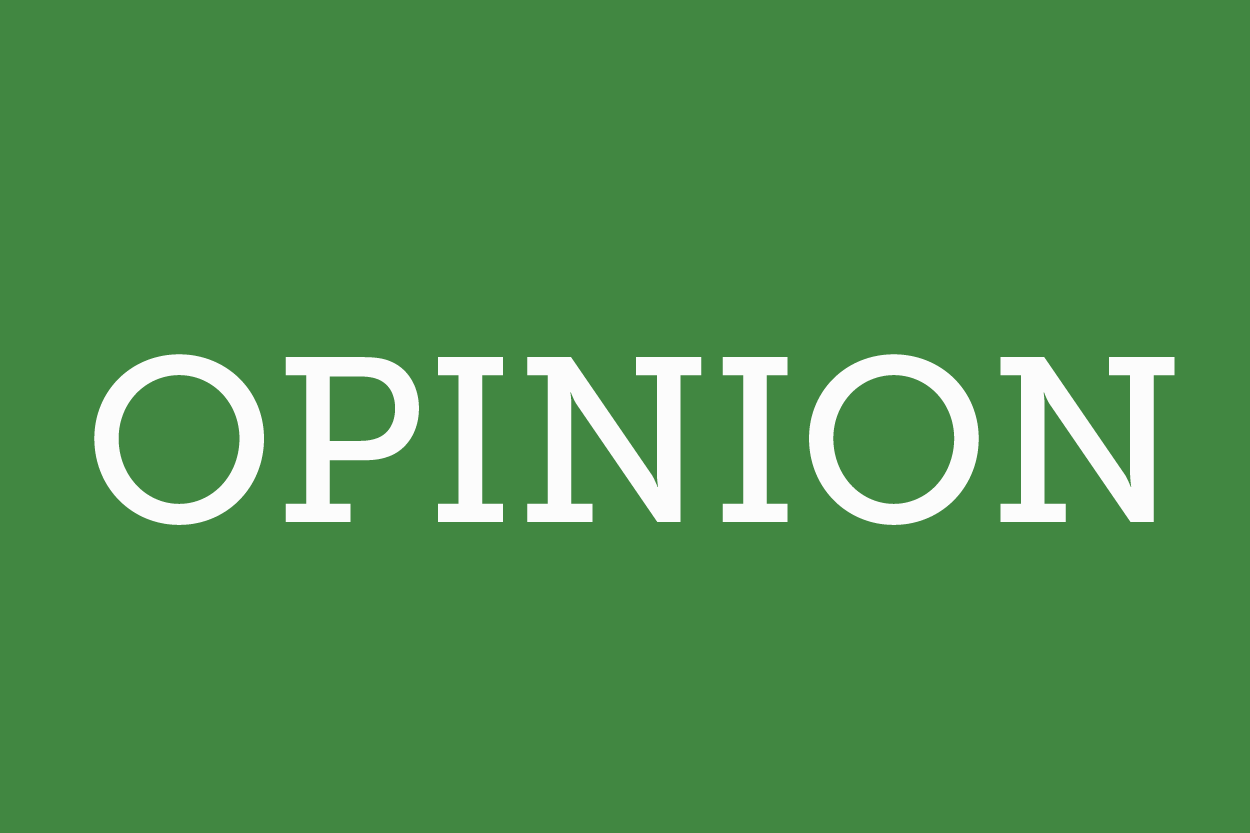O
n April 1, President Barack Obama announced that 7.1 million people had signed up for health insurance under the Affordable Care Act (ACA). This exceeded the goal set by the White House and quashed the low expectations many had about the law’s success.
Still, controversy remains. Particularly, economic arguments for and against the ACA are still being traded back and forth. Crunching the numbers of healthcare is important to see if the law is effective, but at the heart of this and many other economic issues lies a deeper moral issue.
The term “moral economy” means, quite simply, an economy based on justice and fairness. This sounds like a utopian vision, but the term helps remind us of a simple fact: the economy is made up of living, breathing people that are affected in fundamental ways by economic policy.
Economic issues are inextricably bound to the personal well-being of individuals, and that is why the moral economy should be incorporated as a framework for evaluating policy decisions.
The idea of moral economics has been espoused by philosophers, theologians and activists, and has become a standard talking point for many politicians. This can be seen everywhere from Pope Francis’ remarks on economic fairness to the Moral Monday protests in North Carolina.
The ACA is a good example of legislation that contributes to a moral economy. For example, one of its major provisions is that insurers cannot deny coverage based on pre-existing conditions. This of course has economic effects that disrupt many insurance companies’ traditional business model. However, I think most people would agree that if it is possible to get a suffering person medical care, then there is some sort of moral imperative to do so.
Economic utility is a useful heuristic for making decisions, but it can sometimes ignore the moral justness of a decision. Politicians should, therefore, combine both frameworks when making decisions for our country.
One of the best parts of the moral economy framework is that economic utility and moral justness are not necessarily opposed. In fact, increasing the well-being of individuals will usually increase their economic output, which in turn ripples throughout the economy.
Joshua Myers is a freshman majoring in philosophy.






